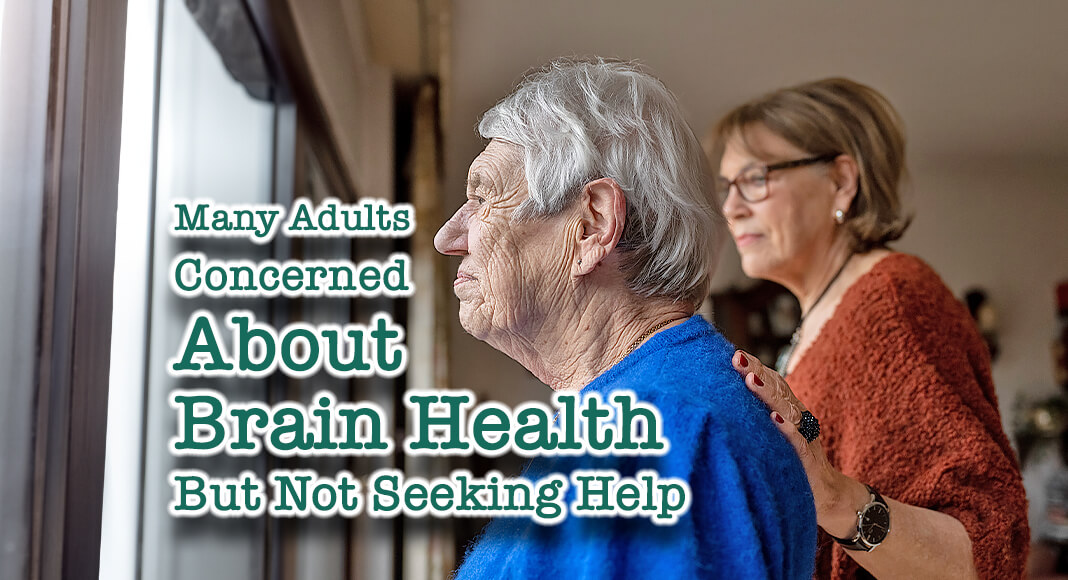
Mega Doctor News
CLEVELAND CLINIC – A new Cleveland Clinic and Parade survey found 85% of adults polled have thought about their risk for developing a brain disease, like Alzheimer’s or dementia.
“I think that most adults these days have thought about their brain health for a number of reasons. One of those is just that we hear more about brain health in the media,” said Jessica Caldwell, PhD, neuropsychologist for Cleveland Clinic.
Many of those same individuals are taking steps to help with prevention.
However, the survey revealed they’re not as proactive when it comes to addressing any actual memory or brain issues.
36% of adults under the age of 50 agree they’re too afraid to talk to a doctor.
“There are many treatable reasons why you might have an attention problem or a memory problem when you’re young, and there’s no reason not to go and have an evaluation with your doctor so that if it’s something that’s easily reversible then you can get it addressed,” said Dr. Caldwell.
Interestingly, the survey also shows there are some misconceptions about Alzheimer’s and dementia.
For example, 44% of adults age 18 to 34 agree that you are guaranteed to get Alzheimer’s if a relative has it too.
But that’s incorrect, Alzheimer’s is not always inherited.
In addition, men and women polled both assumed the other gender was more at risk for Alzheimer’s.
“The true case is that more women than men are diagnosed with Alzheimer’s disease currently. And in order to get that awareness out, I think we need to talk about it,” said Dr. Caldwell. “These are important conversations that we need to have in many different ways.”









